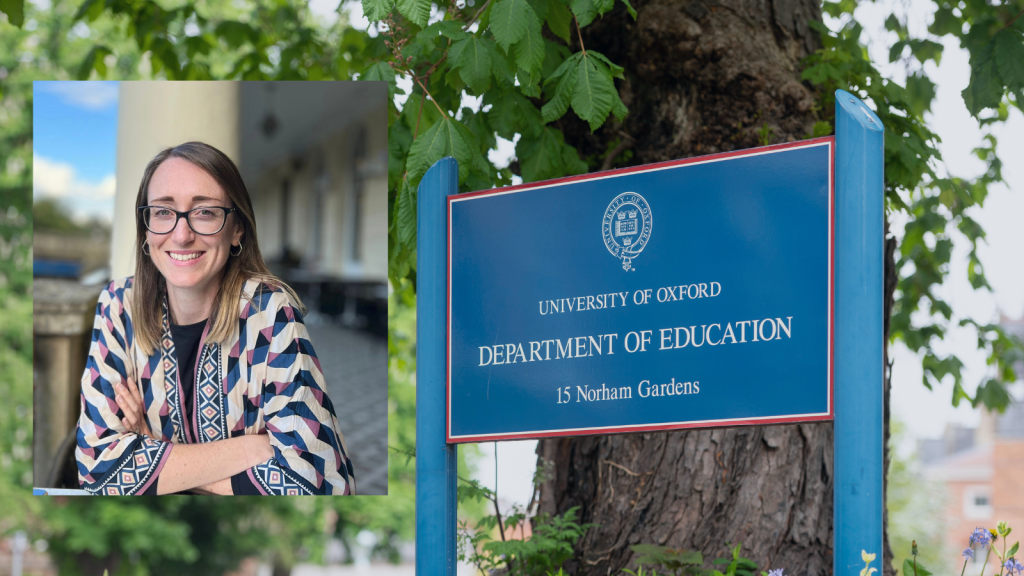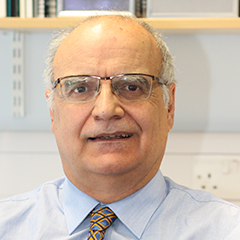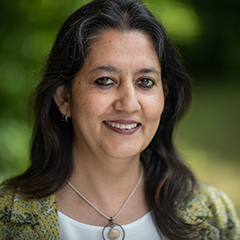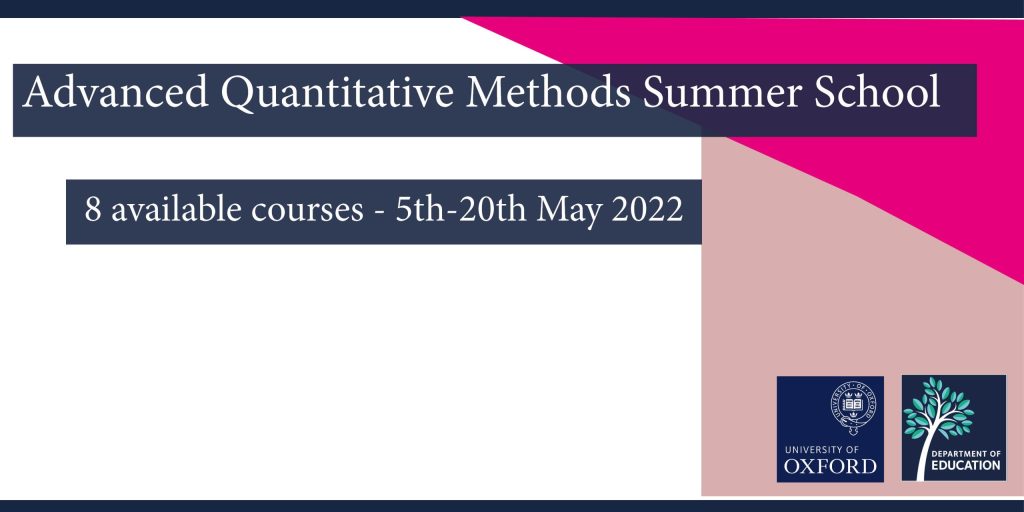The potential of biophysiology for understanding learning and teaching experiences
The Project
This project is interested in the links between body and mind in educational contexts in real-time. It is also interested in the situation-specific perceptions, beliefs and behaviours students and teachers have, and how these change from one situation to another, known as a “process perspective”.
Modern technology affords user-friendly and cost-efficient ways of collecting objective measures of biophysiology using unobtrusive wearable devices (e.g., heartrate monitors, accelerometers). Such ambulatory devices allow us extend existing laboratory-based into the real world.
Three meetings will be held over the next two years: on heart-rate and electrodermal activity in 9 Jan 2019 in Utrecht, NL, accelerometer (physical activity and rest) 6 June 2019 in Oxford, UK, and cortisal (stress) in winter 2019/20 (Jyväskylä, Finland, date T B C).
Each meeting invited presenters will cover both substantive and technical research questions:
- To what extent and in what ways does biophysiology predict learning experiences, or learning experiences predict biophysiological reactions, or both?
- To what degree can biophysiological measures serve as valid indicators for learning processes?
- How do we collect, manage, process and analyze biophysiological data to link with learning experience data and optimally inform educational processes?
- What different statistical methods we can use for analysis that each informs distinct aspects of educational learning processes?
Other external project members include: Tim Mainhard (Utrecht University, The Netherlands), Eija Pakarinen (Univeristy of Jyväskylä, Finland), Lucia Mason, Sara Scrimin (Univeristy of Padova, Italy), Andrew Martin, Joel Pearson (University of New South Wales, Australia)
Research Team
More Projects
-
ProjectThe associations between English as an Additional Language (EAL) and educational achievement age 5-16 in EnglandDiscover MoreStart date: July 2024End date: June 2025
-
ProjectPupil interactions and networks in special schoolsDiscover MoreStart date: September 2024End date: August 2025
-
ProjectFeasibility trial of an adapted anti-bullying programme for children in special schoolsDiscover MoreStart date: October 2024End date: September 2026
-
ProjectEffects of Education Endowment Foundation interventions on protection from COVID-19 learning lossDiscover MoreStart date: October 2024End date: March 2025
-
ProjectLangQuest-EY: A self-report educator questionnaire to assess confidence in language supporting practices in early years settingsDiscover MoreStart date: July 2023End date: March 2024
-
ProjectEffectiveness Trial for the Evaluation of the Mathematical Reasoning Programme for Year 2 Pupils Using an Online Professional Development Training ModelDiscover MoreStart date: February 2024End date: March 2026
More News
-
 NewsNew definition for bullying released to better support pupils and schoolsMay 8, 2025
NewsNew definition for bullying released to better support pupils and schoolsMay 8, 2025 -
 NewsNew trial will evaluate Talking Time programme for Early Years practitionersJanuary 25, 2024
NewsNew trial will evaluate Talking Time programme for Early Years practitionersJanuary 25, 2024 -
 NewsReport published today provides evidence on what influences EAL learners to mitigate language learning lossMarch 17, 2021
NewsReport published today provides evidence on what influences EAL learners to mitigate language learning lossMarch 17, 2021 -
 MediaProfessor Edward Melhuish in a TRT World Roundtable discussion on the return to schoolAugust 31, 2020
MediaProfessor Edward Melhuish in a TRT World Roundtable discussion on the return to schoolAugust 31, 2020 -
 NewsPutting children first: sharing research evidence to inform Indian education policy and practiceAugust 11, 2020
NewsPutting children first: sharing research evidence to inform Indian education policy and practiceAugust 11, 2020
Project Details
Research Team
More Projects
-
ProjectThe associations between English as an Additional Language (EAL) and educational achievement age 5-16 in EnglandDiscover MoreStart date: July 2024End date: June 2025
-
ProjectPupil interactions and networks in special schoolsDiscover MoreStart date: September 2024End date: August 2025
-
ProjectFeasibility trial of an adapted anti-bullying programme for children in special schoolsDiscover MoreStart date: October 2024End date: September 2026
-
ProjectEffects of Education Endowment Foundation interventions on protection from COVID-19 learning lossDiscover MoreStart date: October 2024End date: March 2025
-
ProjectLangQuest-EY: A self-report educator questionnaire to assess confidence in language supporting practices in early years settingsDiscover MoreStart date: July 2023End date: March 2024
-
ProjectEffectiveness Trial for the Evaluation of the Mathematical Reasoning Programme for Year 2 Pupils Using an Online Professional Development Training ModelDiscover MoreStart date: February 2024End date: March 2026
More News
-
 NewsNew definition for bullying released to better support pupils and schoolsMay 8, 2025
NewsNew definition for bullying released to better support pupils and schoolsMay 8, 2025 -
 NewsNew trial will evaluate Talking Time programme for Early Years practitionersJanuary 25, 2024
NewsNew trial will evaluate Talking Time programme for Early Years practitionersJanuary 25, 2024 -
 NewsReport published today provides evidence on what influences EAL learners to mitigate language learning lossMarch 17, 2021
NewsReport published today provides evidence on what influences EAL learners to mitigate language learning lossMarch 17, 2021 -
 MediaProfessor Edward Melhuish in a TRT World Roundtable discussion on the return to schoolAugust 31, 2020
MediaProfessor Edward Melhuish in a TRT World Roundtable discussion on the return to schoolAugust 31, 2020 -
 NewsPutting children first: sharing research evidence to inform Indian education policy and practiceAugust 11, 2020
NewsPutting children first: sharing research evidence to inform Indian education policy and practiceAugust 11, 2020







